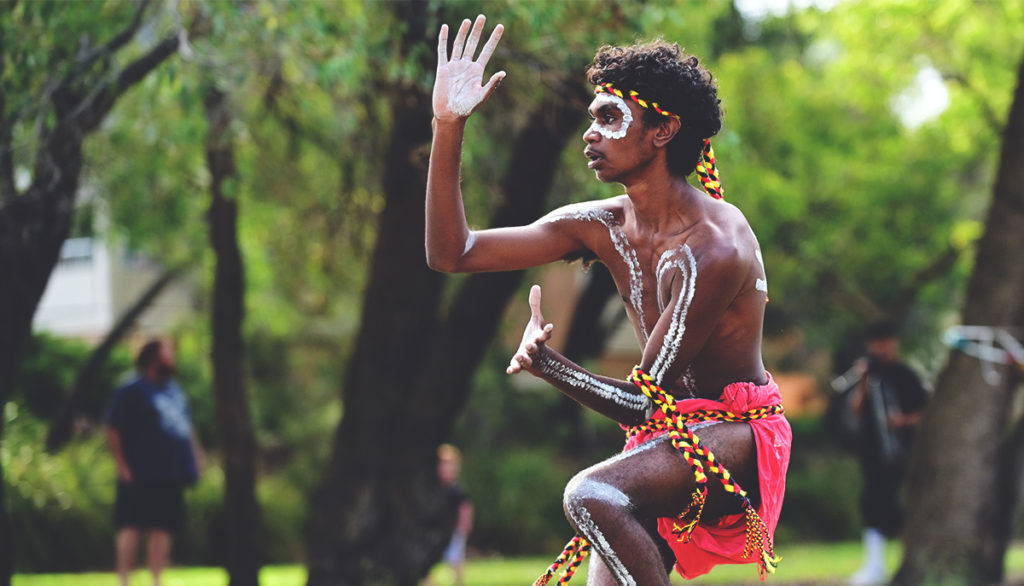While living and studying in Australia, getting involved in politics can be a great way to learn more about the country and meet like-minded people.
Whilst international students cannot vote in elections, donate to political parties or become politicians, actively participating and supporting causes you care about provides important representation and diversity in Australia.
We’ve put together a helpful guide on some of the ways you can get involved in politics in Australia.
Join your student representative council
Many universities have student representatives and councils that play an important role in connecting staff and students. These representative councils are often made up of students from a range of disciplines and backgrounds to have voices heard from a diverse contingent of students. The representatives are usually elected by the vote of other students.
They act as a bridge between the student body and the university or college administration to share and express the needs of students. They can advocate for changes and improvements across a range of areas such as:
- Equity and equality in education
- Feedback on university procedures and principles
- Representation of minority groups
- Events to connect those with specific interests
- Environmental action
As a student, you can apply to become a representative of these councils, or simply attend meetings and events to understand what topics are being discussed and offer your own insights based on your personal experiences.
Join a student club or union
Student clubs are organised by students and staff at higher education institutions and typically connect and promote common causes. At your place of study, you can research what student clubs are available to get involved with causes that align with your personal values.
These clubs might focus on things like:
- Environmental causes
- Social equality
- LGBTQIA+
- Career opportunities/networking
- Representation of students from a common region e.g. Student club for international students from Asia, South America, Europe etc.
These clubs can host events from fun parties and bar hopping, to community outreach and networking.
Write or contribute to a blog or newsletter
Many universities and institutions have student-run publications such as news outlets, websites, blogs, social media channels or newsletters. Contributing to these as a writer or content producer can be a great way to share your views and engage in discourse with others.
For students studying communications, business, film and television, law etc. it can also be a great way to add to your resume by creating engaging content and having it published across various channels.
For example, if you are a film student or journalism student, having your work on a university-published site may be a strong addition to your resume.
Volunteer for non-profits and NGOs
As an international student, getting involved with politics can also stretch beyond your place of study. There are many opportunities in Australia to volunteer for non-profit organisations and NGOs.
This can be a great way to contribute to policy change, community projects and service.
A full list of recognised NGOs can be found here. They cover a range of focus areas from environmental, human rights, health care and more. These NGOs play a pivotal role in pushing for change in the Australian political landscape.
Volunteering can also give you invaluable experience and networking opportunities in your chosen field while you study. For example, those studying medicine, nursing, education, and environmental science could easily find non-profit organisations in their fields.
Attend rallies and protests
For important political issues, attending events, rallies and protests can be an opportunity to get involved and advocate for change. It is important to have the chance to voice your beliefs. Australia’s political position on immigration, education and the economy can all impact international students’ time as a student and career after graduating.
As an international student living in Australia, be sure to research and understand the importance of protest safety before attending.
Read more: Protest Safety in Australia: Looking After Yourself and Others While Attending a Rally





